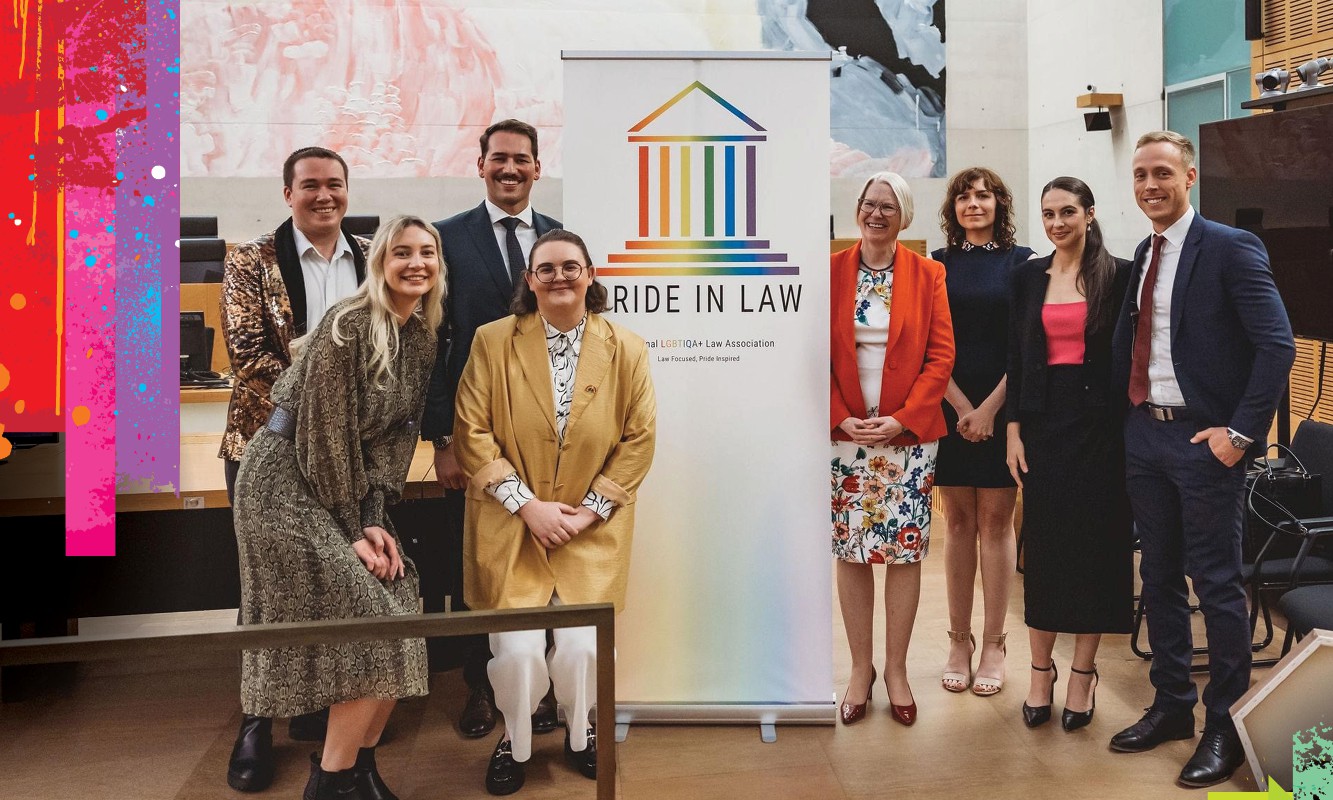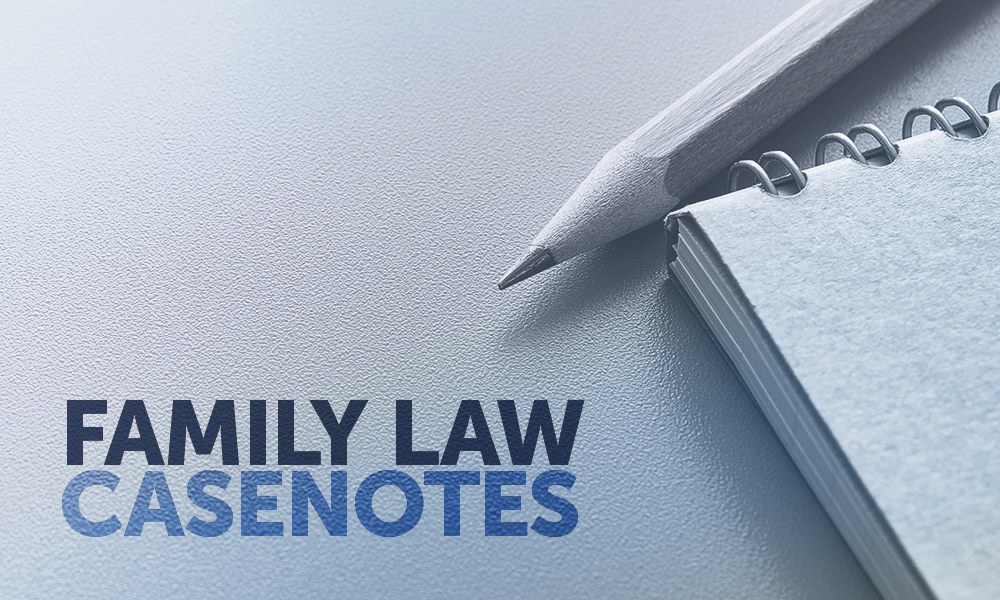This content has been archived. It may no longer be relevant
Of all the emergency measures implemented to meet COVID-19, one of the most anticipated by the Queensland legal profession was the regulation to alter the law relating to the execution of documents.
Social distancing, isolation and quarantine had frustrated many attempts to conclude legal documents due to statutory obligations to execute with wet signatures or for a witness to be in the physical presence of the signatory at the time of signing.
The salve to these issues came in two parts. The first was the Justice Legislation (COVID-19 Emergency Response—Wills and Enduring Documents) Regulation 2020, published on 15 May 2020, dealing with the electronic signing and witnessing by audiovisual technology of wills, enduring powers of attorney and advanced health directives.
The second and final tranche was the Justice Legislation (COVID-19 Emergency Response—Wills and Enduring Documents) Amendment Regulation 2020 published on 22 May 2020, dealing with electronic signing and witnessing by audio-visual technology of affidavits, statutory declarations, deeds, some mortgages and general powers of attorney.
The two tranches together came to form the Justice Legislation (COVID-19 Emergency Response—Documents and Oaths) Regulation 2020, which will operate until 31 December 2020.
The new regulation provides that a witness, signatory, substitute signatory or other person may be present by audio-visual link for the making, signing or witnessing of a will or an enduring document. However, it prescribes only ‘special witnesses’ who can witness documents by audio-visual technology, including Australian legal practitioners and specially approved justices of the peace and commissioners for declarations.
It also provides that an advance health directive certificate may be signed by a nurse practitioner.
On affidavits, the regulation provides that a person can be present for the making of the document by audio-visual link, it can be made in electronic form and signed electrically. These permissions are subject to the proviso that certain factual material and statements must be made in the jurat, including that:
- The affidavit was made in the form of an electronic document.
- The affidavit was electronically signed by the signatory or substitute signatory.
- The affidavit was made, signed and witnessed in accordance with the regulation.
- Either the contents of the affidavit were true or the contents were true to the best of the knowledge of the person making the statement.
- The signatory understood that a person who provided a false matter in an affidavit commits an offence.
The regulation provides a similar model of operation for statutory declarations as it does for affidavits, altered to suit the declaration’s inherent qualities. Interestingly, the regulation also permits a statutory declaration not witnessed by audio-visual technology to be witnessed by the broader group of witnesses contemplated by the Statutory Declarations Regulations 2018 (Cth), section 7.
With respect to oaths and affirmations, the regulation permits an authorised person to be present by audio-visual technology for the taking of the oath, but this is expressly said not to apply to oaths of allegiance or oaths of office.
The new regulations make a number of changes to the law of deeds in Queensland for the time of COVID-19, most notably by providing that deeds may be in electronic form and electronically signed. It no longer needs to be written on paper or parchment, and to be sealed to be considered a deed under the temporary law. Critically, the regulation also dispenses with the requirement for a deed to be witnessed.
On general powers of attorney, the regulation permits them to be made electronically and signed electronically. If a general power is to be executed by a corporation, it no longer needs to be witnessed, however an individual granting a general power of attorney must have a witness, which can be a special witness by audio-visual technology.
The regulation also clarifies that mortgage documents evidencing a mortgage to be lodged by electronic conveyancing can be signed electronically.
The new regulation has been broadly welcomed by the profession. The relevant question now is: How many of these temporary changes should be incorporated into the general law of Queensland?
Matthew Dunn is Queensland Law Society Policy, Public Affairs and Governance General Manager.
This story was originally published in Proctor June 2020.












Share this article